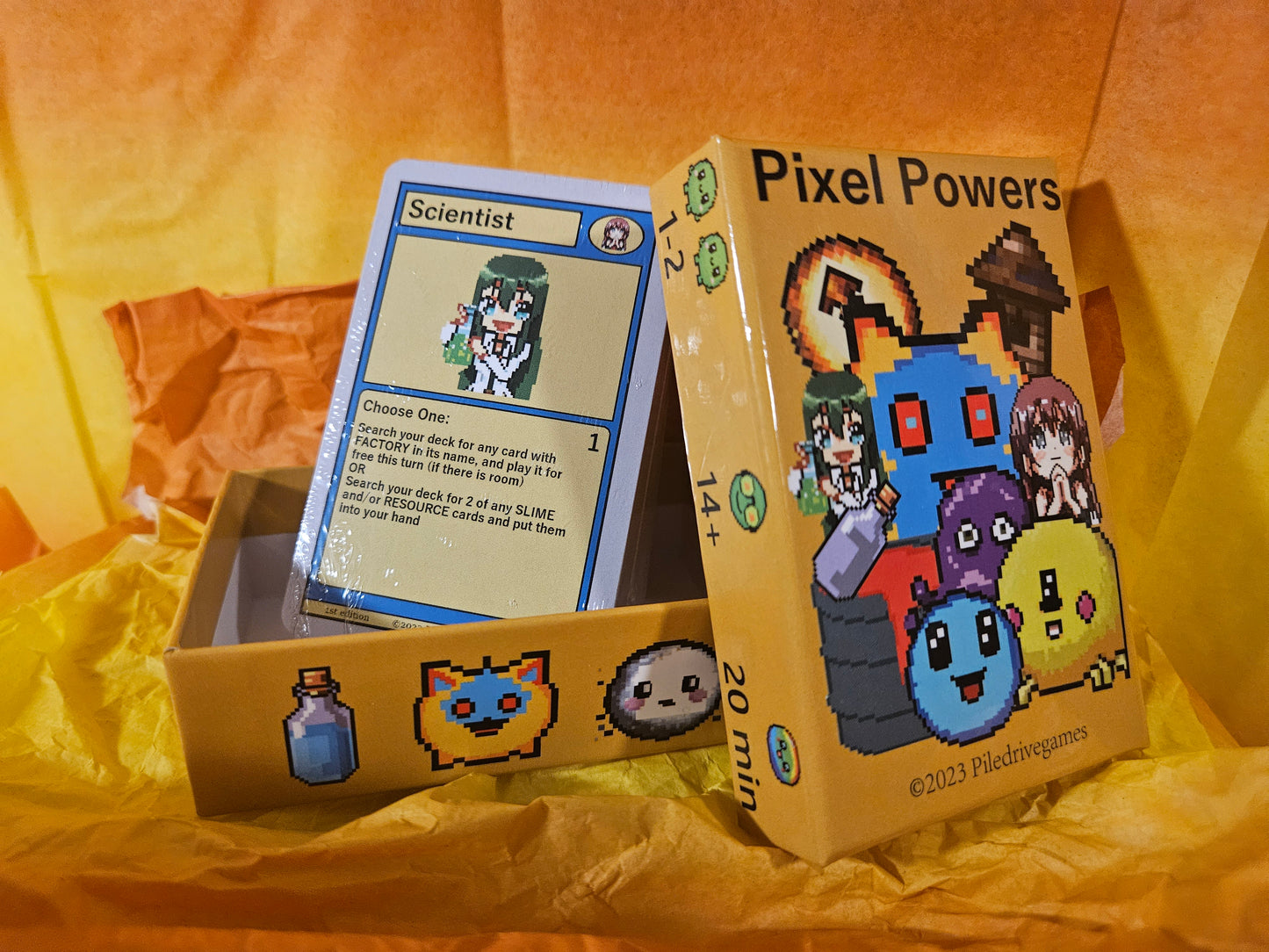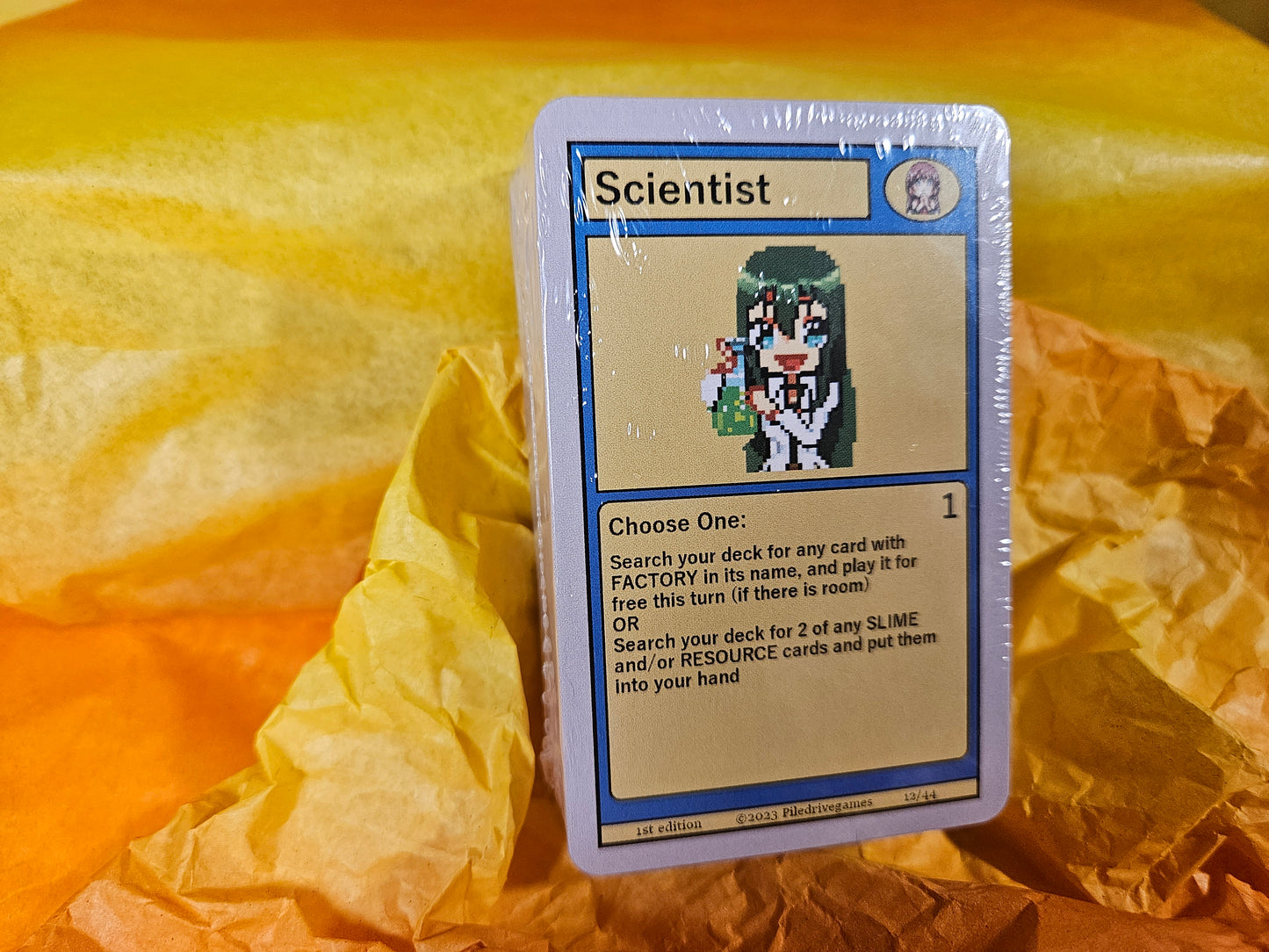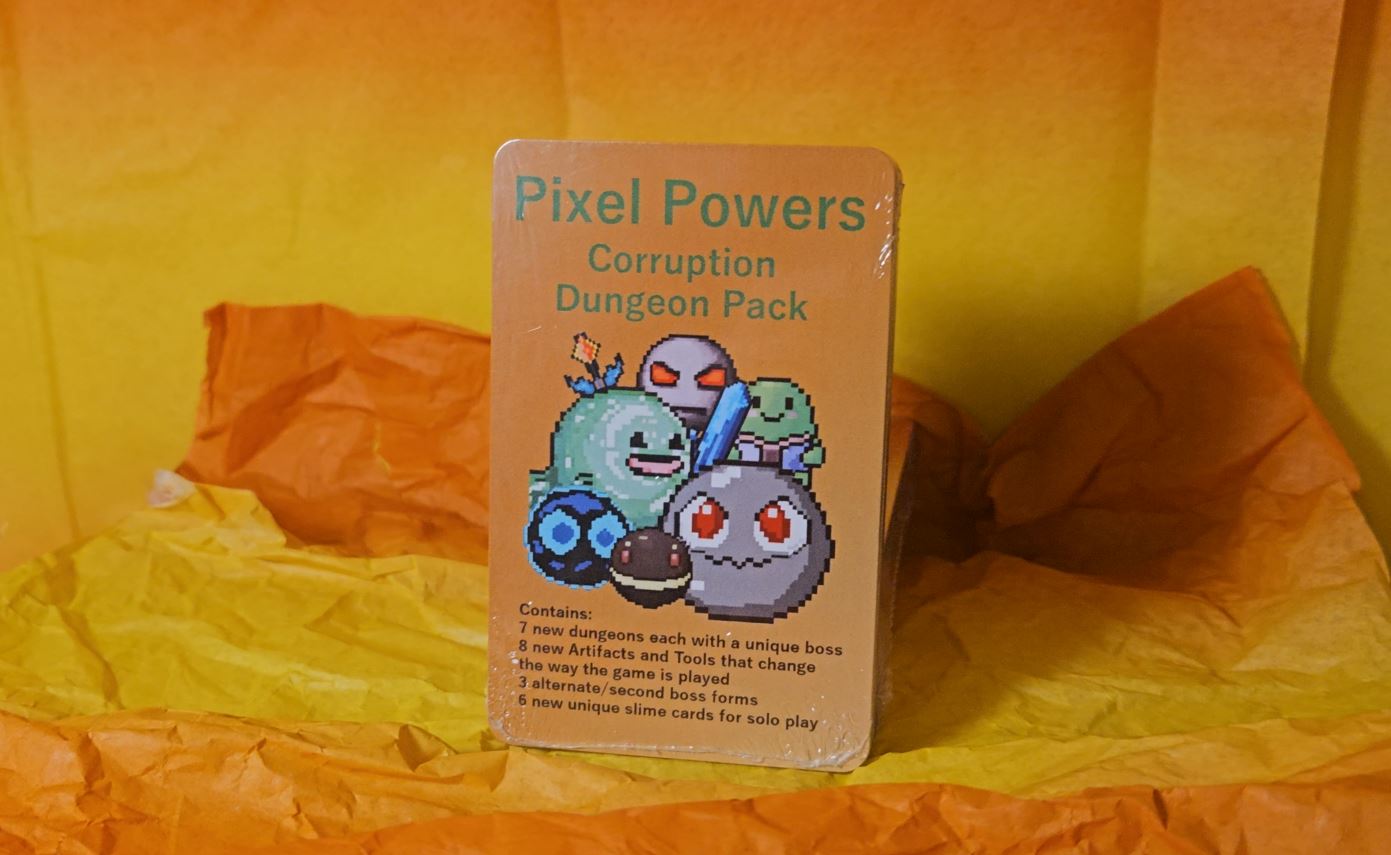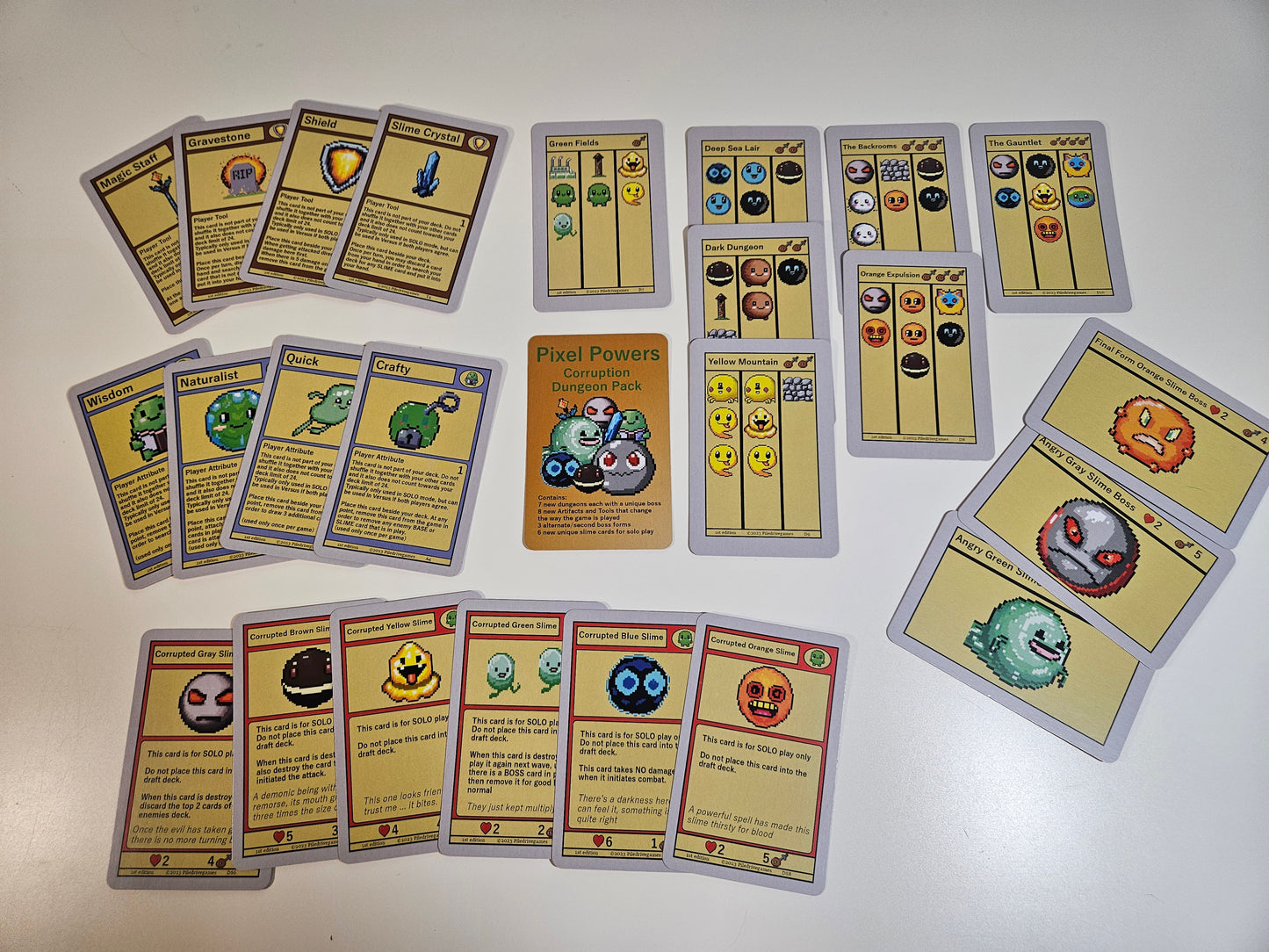Booster packs is gambling for kids, and it has become far too common in the card game industry.
Trading Card Games (TCGs) have captivated millions with their strategic gameplay and collectible nature. The industry standard of offering booster packs as a primary distribution method has sparked controversy due to its predatory gambling mechanics.
Booster packs, with their unpredictable contents, mimic the allure of gambling. Players (often times young players that would otherwise be too young to gamble) invest in these packs with the hopes of acquiring rare and valuable cards, often spending substantial amounts without guaranteed returns.
Exploiting players' psychological vulnerabilities for profit seems to be the norm in the industry as all card games out there offer some sort of booster pack. In contrast, TCG products that provide upfront card lists empower players to make informed purchasing decisions, removing the element of chance and reducing the potential for excessive spending driven by the thrill of chance. Even though some products with card lists are offered (like pre-constructed decks), they often don't contain important meta-defining cards. The sweet medium here is TCG products being offered that provide both card lists and a good set of the strongest card the given game has to offer.
Furthermore, players might be reluctant to experiment with new strategies if obtaining specific cards is reliant on luck (or just spending lots of money on purchasing singles) rather than skillful deck-building. This can lead to a stagnant and repetitive metagame, diminishing the overall enjoyment for players seeking diverse and dynamic experiences. TCG products with upfront card lists encourage strategic innovation, as players can plan and execute their tactics with certainty.
Booster packs' reliance on gambling mechanics in the TCG industry is problematic on multiple fronts. The predatory nature of these mechanics exploits players' vulnerability and addictive behaviors. Conversely, TCG products that disclose all card contents upfront foster transparency, fair competition, and strategic gameplay. By prioritizing player well-being and skill-based engagement over monetary gains, the industry can shift towards a more sustainable and ethical model that benefits both players and the longevity of the TCG genre as a whole.
Imagine a card game that was created from the ground up with these thoughts in mind. I intend to fight for a shift in the trading card game industry! Pixel Powers - TCG cards can only be purchased in the form of pre constructed decks, so you know exactly what you are getting every time, including some of the strongest cards that define the meta.
Trading card games should be about strategy and building the best deck, not about who has the fattest wallet.







